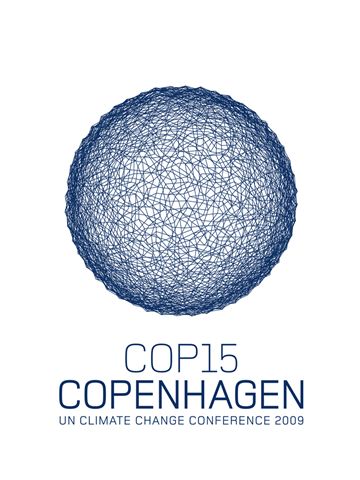Climate summit going backwards, say NGOs
 Copenhagen, Dec 15 : Rich countries are taking the climate summit backwards, NGOs following the negotiations said Tuesday.
Copenhagen, Dec 15 : Rich countries are taking the climate summit backwards, NGOs following the negotiations said Tuesday.
The negotiations, said ActionAid's Raman Mehta, "are getting stuck on procedural issues" being raised by industrialised countries.
"The emerging economies have made their offers, but the rich nations have not responded," Mehta, who has been following the process for years, said at a press conference held by Climate Action Network (CAN), a conglomeration of over 450 NGOs.
He was referring to the greenhouse gas (GHG) emissions intensity reduction targets announced by India, China, Brazil, Indonesia and Mexico.
GHG emissions are causing climate change, which is leading to lowered farm output, more frequent and more severe droughts, floods and storms and a rise in the sea level.
There's a lot of paper being churned out at the Dec 7-18 climate summit, but nothing has been agreed, Mehta said. "Even the earlier consensus over transfer of green technologies to developing countries has broken down, though these countries have said they are willing to keep aside the thorny issue of patent protection."
According to him, the big problem at climate negotiations was "lack of trust".
Hunter Cutting of CAN showed a reason behind the lack of trust, quoting a report that showed a promised 15 percent GHG emissions cut by rich countries actually translated to an increase in emissions when only actions within these countries were considered.
"At this rate, we are heading for a global temperature rise of 3.9 degrees Celsius, which will be catastrophic," Cutting said.
Dale Marshall of the David Suzuki Foundation gave another example. "Everyone had earlier agreed that under the Kyoto Protocol (the current treaty to tackle climate change) the total emissions reductions by developed countries would be 30 to 45 percent by 2020, compared to 1990.
"Now, suddenly, these countries want to change that figure to x percent, to be negotiated later."
Marshall also criticised the rich nations for failing to commit long-term financing that would help poor countries cope with climate change effects.
"And after all this, the developed countries are blaming the developing countries for blocking progress here. This is like stopping at a green light and then blaming the driver behind for blocking traffic."(IANS)